Vitamins That Help with Numbness and Tingling
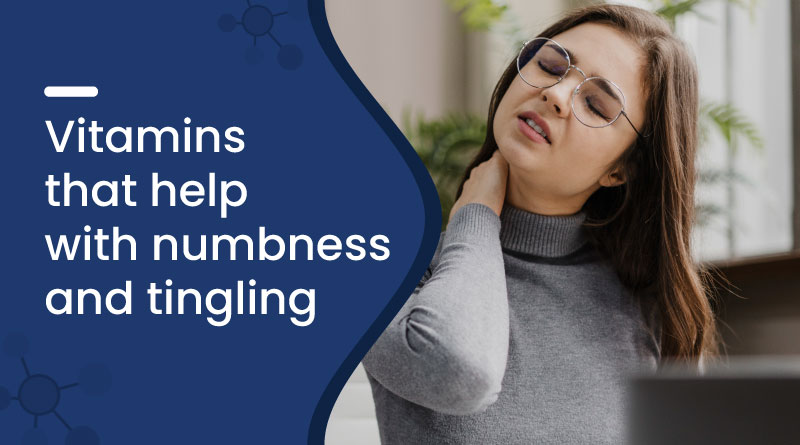

Ever felt pins and needles in your hands or feet? It might seem harmless, but numbness and tingling can be a sign of a vitamin deficiency, especially if it occurs often. In this blog, we’ll break down the vitamins that help with numbness and tingling, their benefits, and how you can naturally support your nerve health.
What causes numbness and tingling in the body?
Numbness and tingling usually happen when nerves aren’t functioning properly. Common causes include:
- Vitamin deficiencies
- Diabetes or poor blood sugar control
- Nerve compression (e.g., herniated disc)
- Alcohol abuse or side effects of medications
- Autoimmune or neurological disorders
Among these, deficiency in essential vitamins is one of the most easily correctable causes.
Which vitamins help with numbness and tingling?
Let’s explore the top vitamins that help with numbness and tingling and their specific roles in nerve health:
| Vitamin | Role in Nerve Health |
|---|---|
| Vitamin B12 |
|
| Vitamin B6 (Pyridoxine) |
|
| Vitamin B1 (Thiamine) |
|
| Vitamin E |
|
| Niacin (Vitamin B3) |
|
List of Supplements for Numbness and Tingling Relief
| Product Name | Key Benefits |
|---|---|
| My12 Forte Nerve Rejuvenator Capsule | Rich in Vitamin B12 and methylcobalamin to support nerve repair and reduce numbness. |
| Pyrione 40 Tablet | May help improve nerve signals and reduce tingling sensations caused by deficiencies. |
| Zecobax Forte | Multivitamin with essential B-complex vitamins; supports nerve and muscle function. |
| Zinseng Forte | Ginseng-based supplement that enhances circulation and reduces nerve fatigue. |
| Zecobax Z Multivitamin Capsule | Includes B-vitamins and minerals that help restore nerve health and reduce tingling. |
| Multiprex Soft Gelatin Capsules | Supports neurological health and replenishes essential vitamins for nerve repair. |
How do these vitamins support nerve function?
These vitamins help with numbness and tingling in the following ways:
- Aid in nerve signal transmission
- Support the regeneration and repair of nerves
- Help in forming the myelin sheath that protects nerves
- Reduce inflammation and oxidative damage in nerve tissue
Without these vitamins, nerves become irritated or damaged, leading to sensory changes like tingling or numbness.
What lifestyle habits enhance vitamin absorption?
To make the most of these vitamins, focus on supportive lifestyle practices:
- Eat a balanced diet – Include whole grains, nuts, leafy greens, dairy, eggs, and lean meats
- Limit alcohol intake – Alcohol interferes with vitamin absorption and nerve function
- Exercise regularly – Improves circulation and nerve health
- Stay hydrated – Dehydration can disrupt nerve signaling
- Manage gut health – Treat any digestive issues that may block nutrient absorption
When to consult a doctor for numbness?
If these sensations occur frequently or worsen over time, consult a healthcare provider. Be alert if you notice:
- Weakness or loss of movement
- Symptoms on one side of the body only
- Dizziness or sudden changes in vision or speech
Blood tests can detect deficiencies or underlying issues.
FAQs
Q1. Can vitamin deficiency really cause numbness and tingling?
Yes, especially deficiencies in B12, B6, and B1. These vitamins are critical for nerve health and function.
Q2. How long do supplements take to relieve numbness?
Most people feel improvement within 2 to 6 weeks of consistent use, depending on the severity.
Q3. Are these symptoms reversible?
If addressed early, yes. Long-term nerve damage may take months to heal or may be permanent.
Q4. Can too much Vitamin B6 cause tingling?
Yes. Very high doses of B6 taken for long periods can lead to nerve toxicity and worsen tingling.
Q5. What natural foods help relieve tingling?
Foods rich in B-complex vitamins (like eggs, seeds, leafy greens, and meats) and vitamin E (like almonds and sunflower seeds) are helpful.
Conclusion
Numbness and tingling should never be ignored, especially if they occur regularly. Deficiencies in key nutrients like vitamin B12, B6, B1, E, and niacin can significantly affect your nerve health. Fortunately, restoring these levels through diet and supplements can bring relief and protect your nerves long-term. Always speak with a healthcare provider to assess your individual needs and get proper guidance.
Alpha Lipoic Acid (100mg) + Methylcobalamin (1500mcg) + Vitamin B6 (3mg) + Folic Acid (1.5mg) + Benfotiamine (50mg) + Biotin (5mg) + Chromuim (200mcg)
10 Capsules In 1 Strip
Lysine (50 mg) + Vitamin B1 (1.4 mg) + Vitamin B2 (1.6 mg) + Vitamin B6 (2 mg) + Vitamin B12 (0.001 mg) + Vitamin C (25 mg) + Folic Acid (0.1 mg) + Niacin (18 mg) + Pantothenic Acid (5 mg) + Copper (1.7 mg) + Selenium (0.04 mg) + Zinc (17 mg)
15 Capsules in 1 Strip
Ginseng Extract Powder (42.5 mg) + Vitamin A (750 mcg) + Vitamin B1 (1 mg) + Vitamin B2 (1.5 mg) + Vitamin B6 (1 mg) + Vitamin B12 (1 mcg) + Vitamin C (50 mg) + Vitamin D3 (5 mcg) + Vitamin E (5 mg) + Folic Acid (150 mcg) + Vitamin B3 (10 mg) + Vitamin B5 (5 mg) + Calcium (75 mg) + Phosphorus (58 mg) + Copper (0.5 mg) + Iodine (0.1 mg) + Ferrous Fumarate (30 mg) + Magnesium (3 mg) + Manganese (0.5 mg) + Potassium (2 mg) + Zinc (10 mg)
10 Capsules in 1 strip
Vitamin A (1600 IU) + Vitamin E Acetate (1 IU) + Vitamin D3 (100 IU) + Vitamin B1 (1 mg) + Vitamin B2 (1 mg) + Vitamin B6 (0.5 mg) + Vitamin B12 (0.0005 mg) + Calcium Pantothenate (1 mg) + Niacinamide (15 mg) + Calcium (75 mg) + Phosphorus (58 mg) + Folic Acid (0.05 mg) + Copper Sulphate (0.045 mg) + Iodine (0.075 mg) + Potassium (1 mg) + Magnesium (1 mg) + Manganese (0.5 mg) + Sodium Molybdate (0.1 mg)
10 Capsules in 1 Strip
Riboflavin (4.5mg) + Niacinamide (45mg) + Thiamine Mononitrate (5mg) + Pyridoxine Hydrochloride (3mg) + Cyanocobalamin (5mcg)
10 Tablets in 1 strip
Recent Blogs
Disclaimer : Zeelab Pharmacy provides health information for knowledge only. Do not self-medicate. Always consult a qualified doctor before starting, stopping, or changing any medicine or treatment.

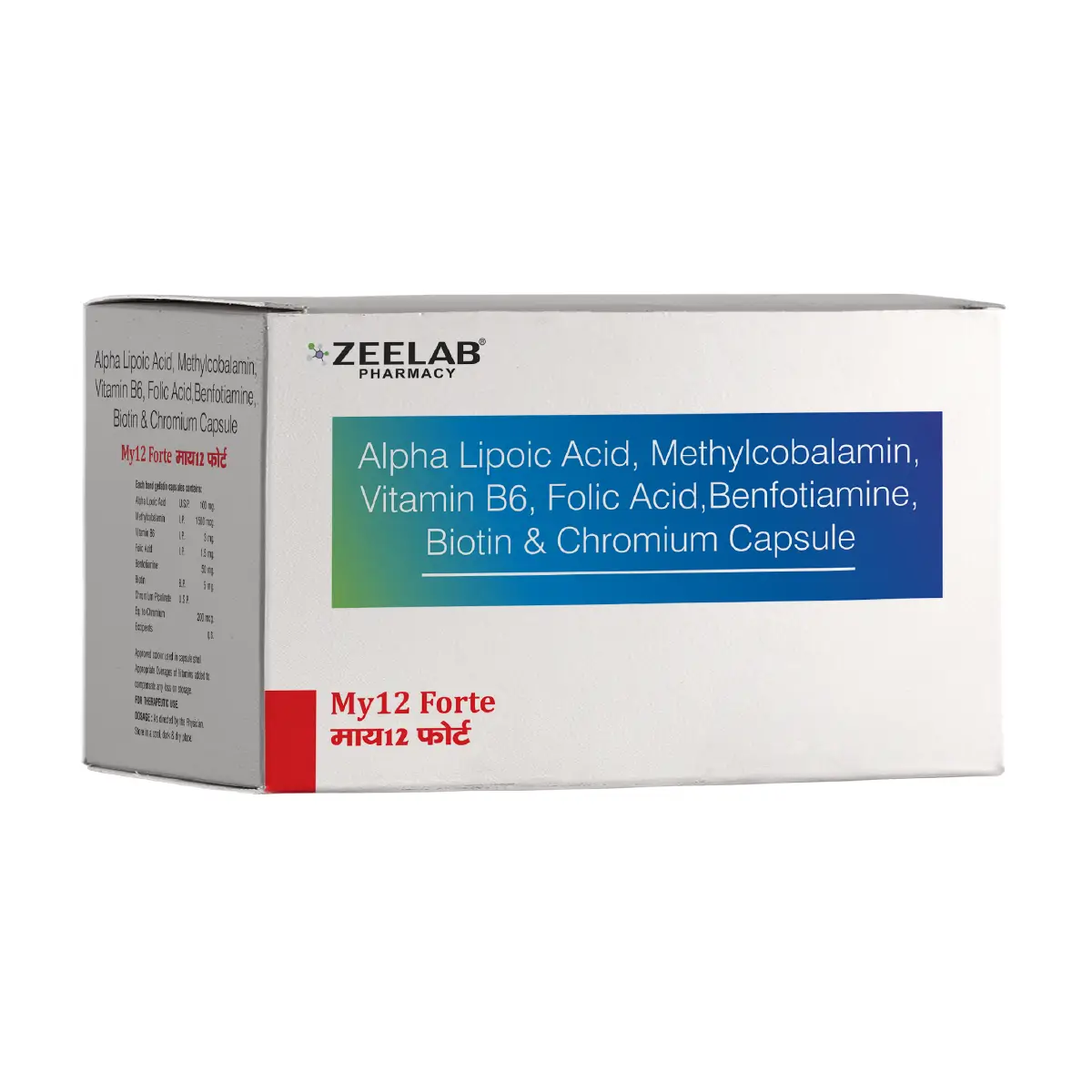
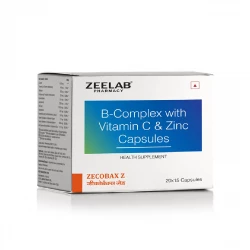
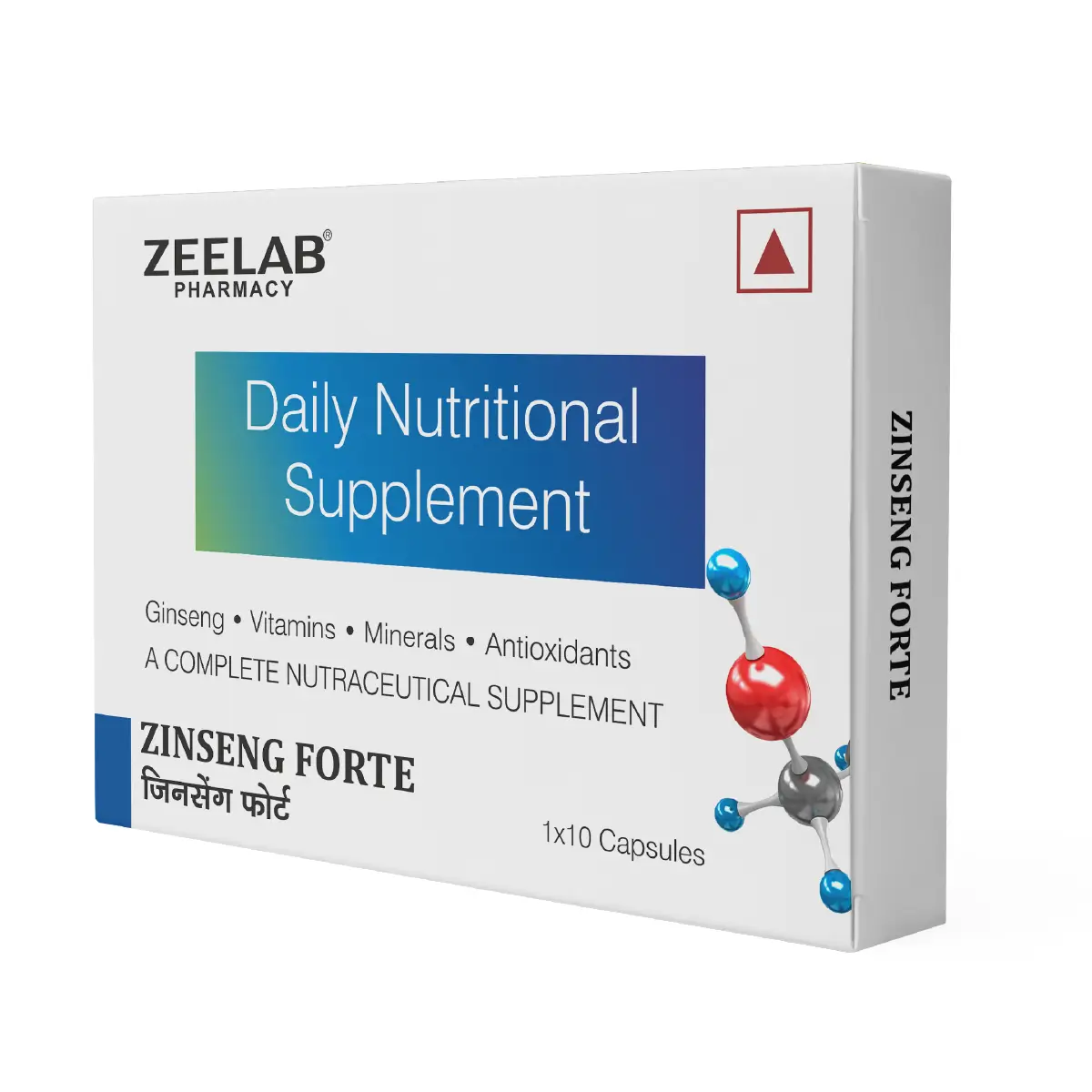
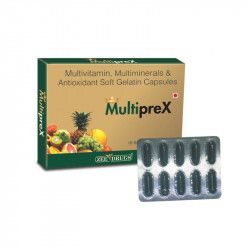
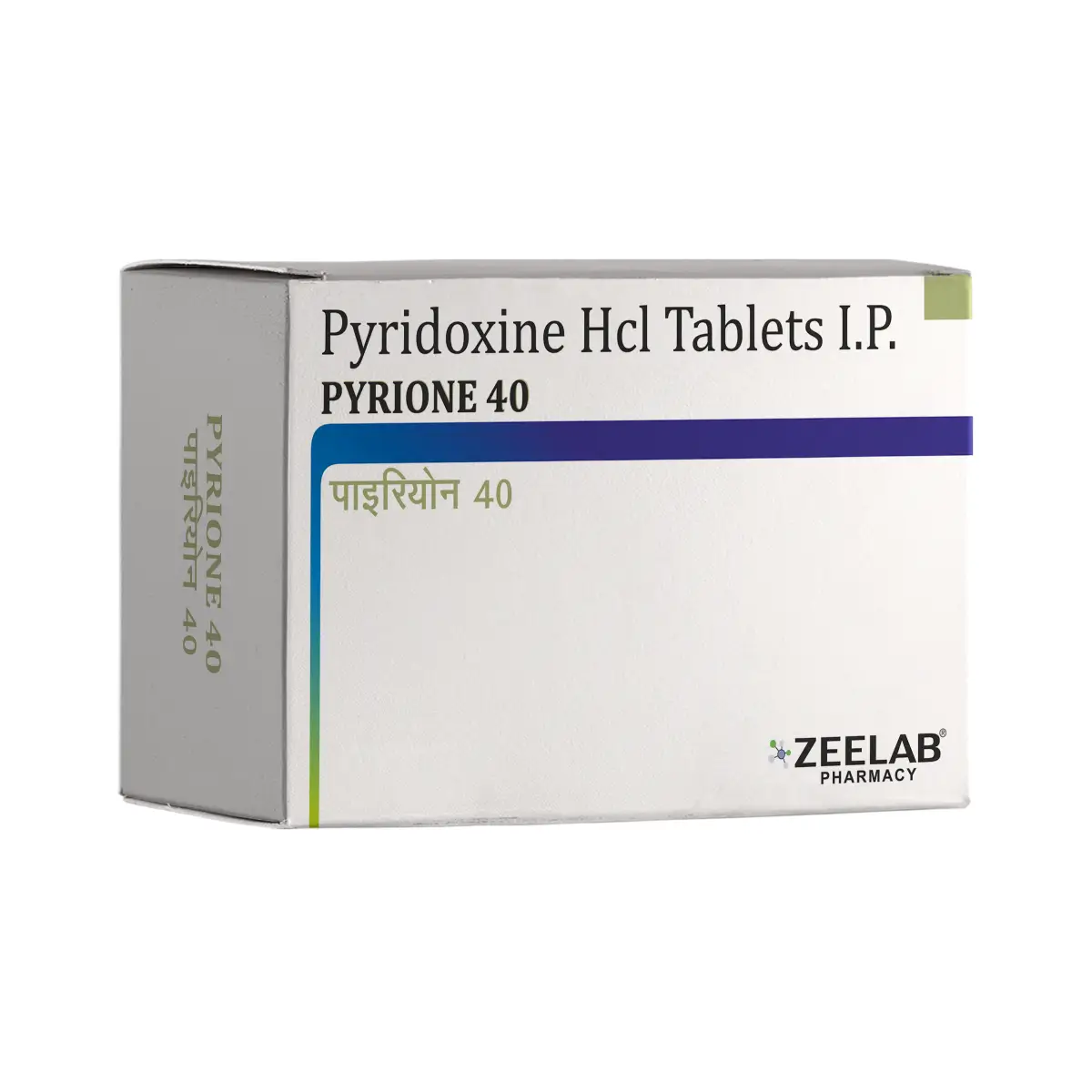
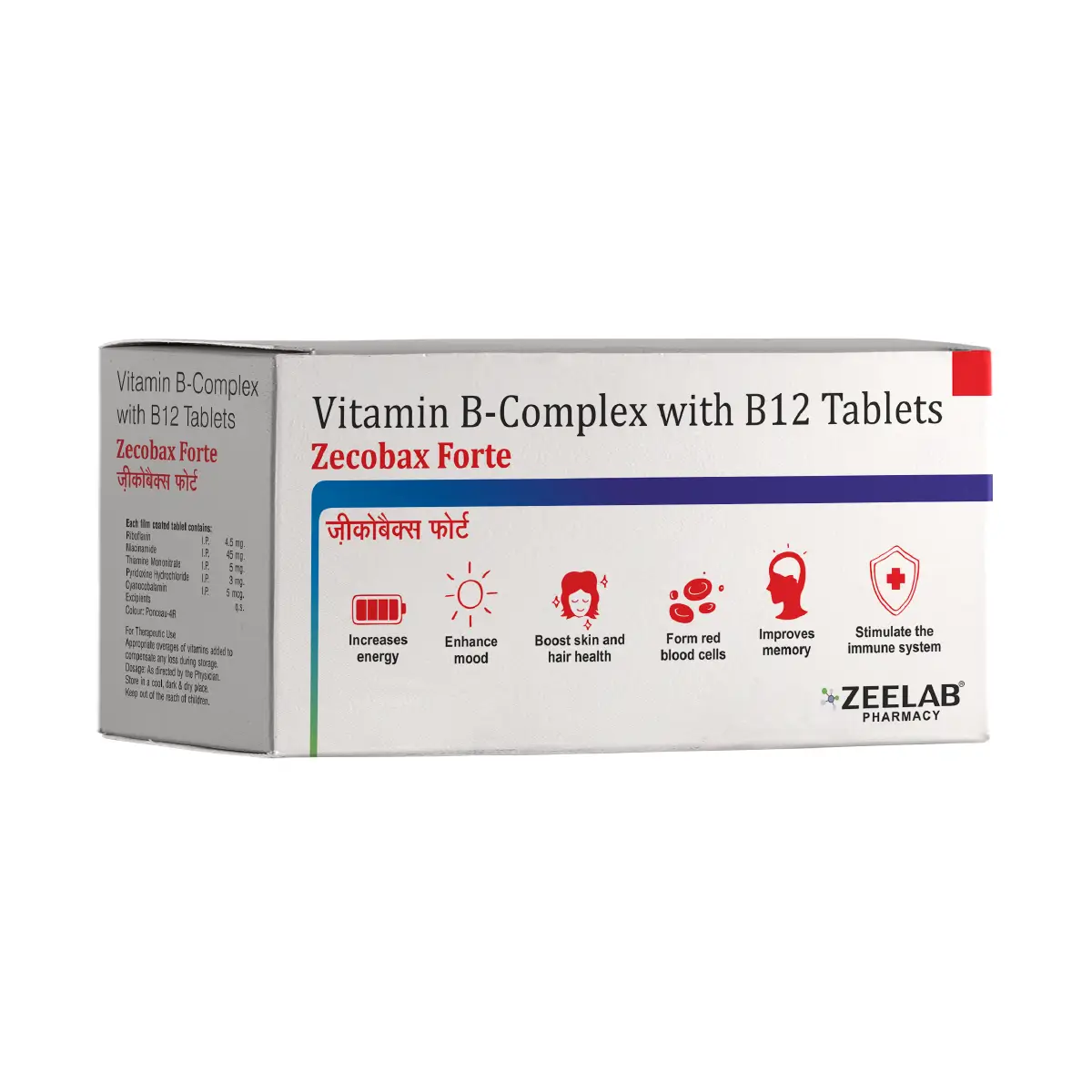


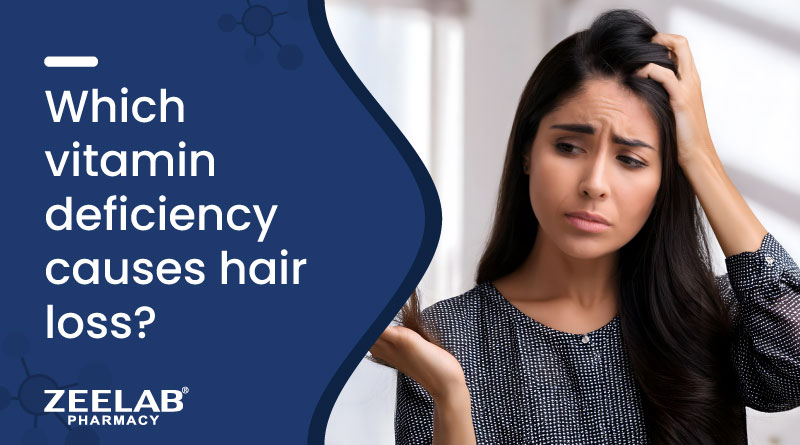












 Added!
Added!